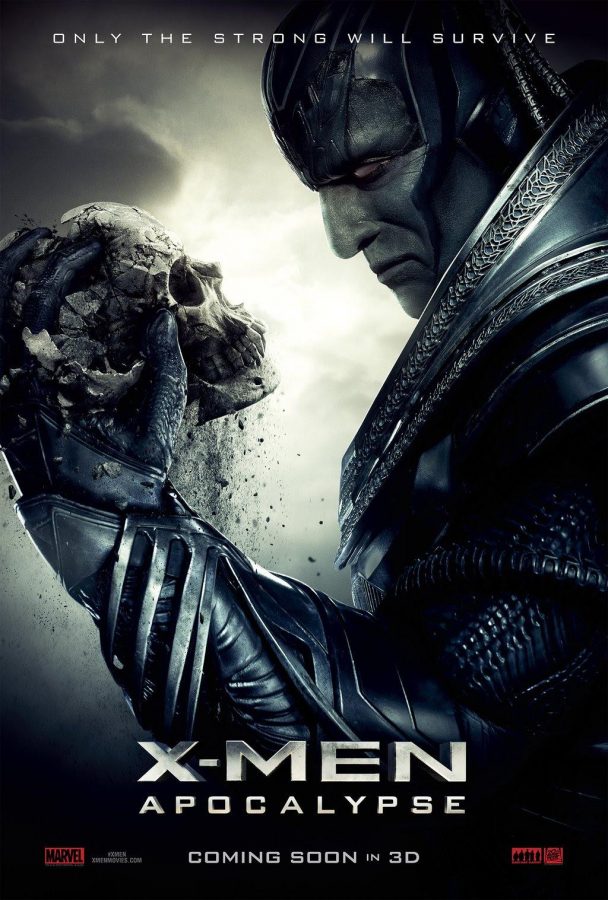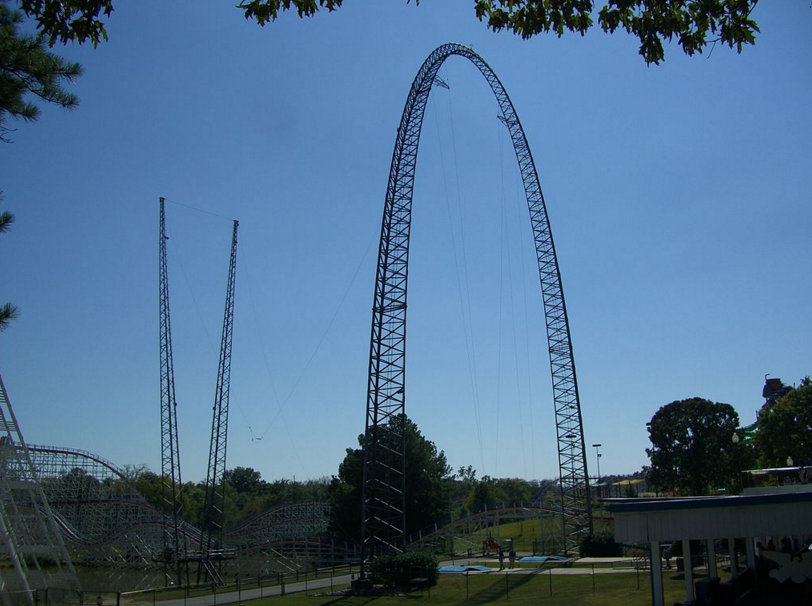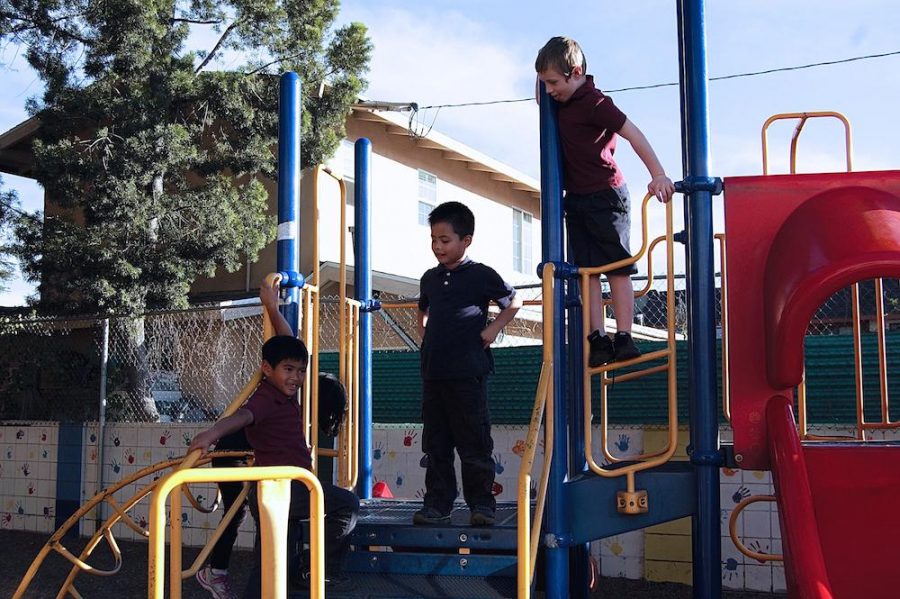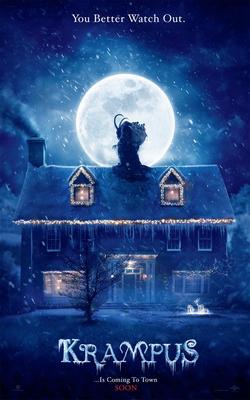(February 28, 2013) — Let’s face it, we have all done it. Whether it’s a quick slip if you stub your toe or it resounds after every other word in a conversation, swearing has been a part of our society since spoken language originated. However, throughout the years many new laws have tried to challenge the legality of being able to curse in public. Not only is this effort to punish swearers not feasible, but it also infringes on free speech. One example of this effort to penalize public swearing can be seen in a measure passed in Middleborough, MA in June 2012, which called for a $20 fine per curse word issued to anyone caught swearing in public. This rash legislation stemmed from the community’s disapproval of the prevalence of swearing in public places by young people. I understand that the city is trying to create a more “family-appropriate” environment; however, requiring people that use unapproved language to pay a fine is a complete breach of free speech. Who are they to determine what language I can use to vent my frustration? Ultimately this measure gives the government an unfair advantage in doling out what language we can or cannot use to express ourselves. Another reason why people who swear in public should not be penalized is that it is a victimless act. As long as the swearing is not directed at anyone else or used to threaten others, I don’t see how swearing acts as a detriment towards society. While some may say that by fining swearers they are shielding young children from hearing obscenities, they are just policing the public just to make their jobs as parents easier. Parents should be able to guide and teach their children about which words are appropriate and inappropriate for use at school or at home. I’m not endorsing for people to use the f-bomb around children, I just don’t believe that if someone happens to swear publicly they should pay a fine. Additionally, fining swearers is not a feasible measure because cuss words are largely slang and depend on one’s background. Whereas on word may be perfectly acceptable in everyday conversation, it may be considered a swear word somewhere else. Who’s right? Swear words shift as time progresses, so if people would be fined for saying nowadays’ cuss words, people will just create new ones to get around this hindrance. The fact is swearing already comes with its own sets of stigmas and punishments without laws like Middleborough’s. I can see why swearing would be banned in schools or from the workplace in order to preserve the formal, respectful environment needed to be productive. However, this same rule should not be applied in public because if we hear someone in public constantly dropping f-bombs and swearing, the only person that is harmed by this is the swearer. Due to societal norms and expectations, this person’s persistent swearing portrays the swearer as “classless, rude, and disrespectful.” For this reason, hardly anyone profusely swears in public because it comes off as being crude and disrespectful. Consequently, laws like this will mostly penalize offenders who only swear out of momentary frustration or emotion who would otherwise do no harm. I personally believe that people should not cuss incessantly, nor do I believe that if someone chooses to, they should have to break out a twenty for each swear word. In our society there are much more important issues — poverty, economic crises, violence — to surmount than regulating who says what.
Categories:
Should swearing be considered free speech?
February 28, 2013
More to Discover








